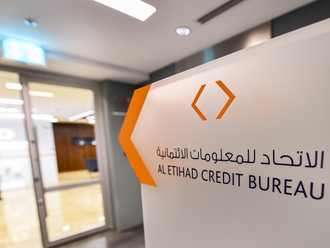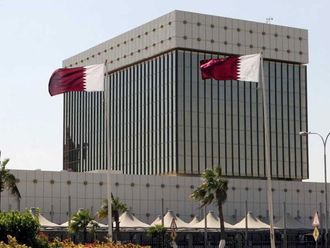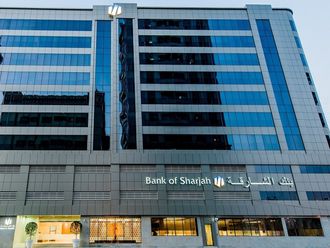Since its inception in 1971, the UAE has constantly been distinguished as an icon for innovation and creativity in the GCC region. The country is swiftly transforming itself from an oil-based economy to an innovative, knowledge-based economy which is evident by the fact that knowledge-based industries and services now account for a greater part of the UAE’s GDP than oil revenues, having grown from 32.1 per cent in 2001 to 38.6 per cent in 2014. Moreover, according to the World Economic Forum, the UAE’s global competitiveness ranking has also improved drastically in the last 5 years on the back of an innovation-led business environment, with marked advancements in the quality of scientific research, university-industry collaboration and availability of scientific and engineering staff.
From a global perspective, the UAE is ranked much higher than its regional peers and emerging markets on the Global Innovation Index 2015 due to strong investments in innovation which are estimated at Dh14 billion annually, of which nearly half of the investment is dedicated to R&D. Furthermore, the number of UAE-based technology start-ups launched during 2012-15 have also grown at a faster rate than the Mena average and the country’s budding innovation ecosystem has inspired several Emiratis and immigrants alike to become entrepreneurs, spawning several entrepreneurship success stories in recent years.
Persistent commitment
To one’s credit, UAE’s leadership has played an instrumental role in creating an innovation fuelled economy and their persistent commitment is clearly evident from the country’s ambitious ‘Vision 2021’ and ‘National Innovation Strategy’ that was launched in 2014. As part of this strategy, the UAE government identified 7 priority sectors including Renewable Energy, Transport, Education, Health, Technology, Water and Space. Further, the government also plans to roll out 30 major initiatives within a three-year period, in the optic of fostering innovations in these sectors. These initiatives will include new legislation, innovation incubators, investment in specialised skills, private-sector incentives, international research partnerships and an innovation drive within the government.
Last month, the government announced the “Emirates Science, Technology and Innovation Higher Policy” that will require an overall investment of more than Dh300 billion and will include 100 national initiatives in the priority sectors. The policy will include establishment of funds for science, research and innovation in addition to refocusing investment legislation to encourage technology transfer and establish global contractual industrial partnerships. It also targets to increase investment on R&D by threefold and increasing the percentage of knowledge workers in the country to 40 per cent by 2021.
It seems that the pieces of the puzzle surrounding the UAE’s innovative ecosystem are gradually falling into place. The nation now offers a number of unique advantages, including a robust infrastructure, a friendly taxation regime, a strong education system, and a growing pool of multinational and local talent. However, there still exist several challenges which needs to be addressed at the earliest. For instance, while the UAE has made significant strides in adoption of innovative technologies and business models from other countries, its knowledge and technology output remains relatively low, which is evident from a small number of domestic patent or trademark applications, limited scientific/technical publications, and a small share of creative goods exports in total trade.
Funding schemes
Gladly, the collaborative efforts and leadership of the government is gradually addressing these challenges. For instance, the government recently undertook several initiatives such as the establishment of scientific and technological complexes, nationwide focus on STEM (Science, Technology, Engineering, and Mathematics) and investment in incubators to stimulate R&D activities in the country. Further, several funding schemes such as “Shaikh Mohammad Bin Rashid Al Maktoum Fund to Finance Innovation” and “Expo 2020 Partnership Fund” were also announced to facilitate capital requirements of upcoming innovative companies.
In conclusion, the UAE understands the importance of a conducive business environment that promotes and stimulates innovation given the fierce global competition. The country now stands as a symbol of pioneering success in the region, attracting talent from all corners of the world to create new businesses and ideas. Moreover, the government’s commitment and heavy investment across the three pillars of innovation ecosystem: Human Capital, Financial Capital and Technological Capital, is consistent with the long-term vision that ensures UAE’s position as one of the most innovative nations in the years ahead.
Shailesh Dash is the founder and CEO of Al Masah Capital Management Limited












